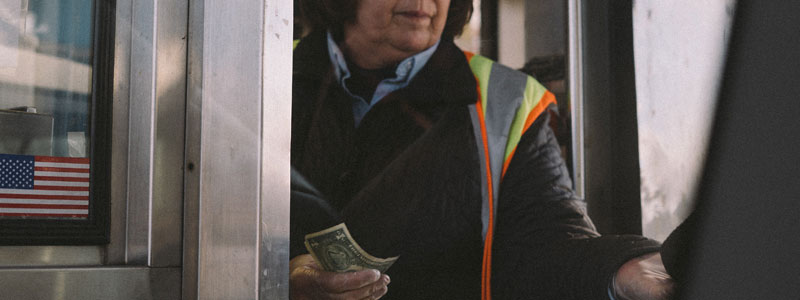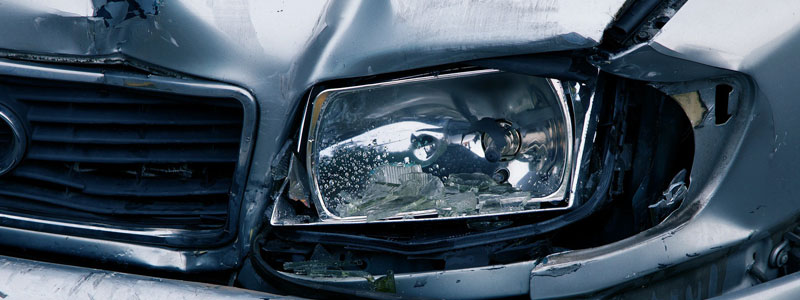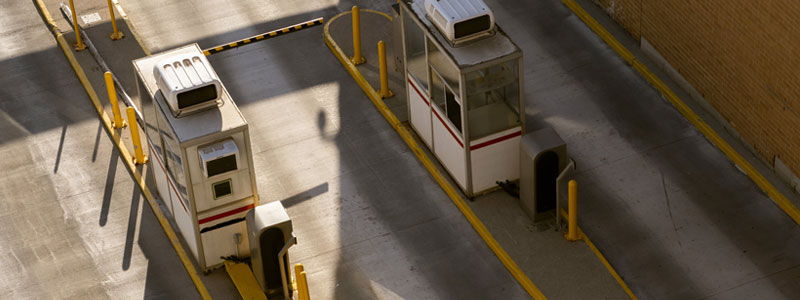Potential Effects of Toll Roads in Indiana

Last May, the Indiana Department of Transportation (INDOT) was allotted $24 billion consisting of BMV fees and gasoline taxes for roadway work lasting the next 20 years. However, the INDOT Commissioner, Joe McGuinness, doubts that will be enough funding for the future as cars are getting better gas mileage and do not have to visit the gas pump as often. McGuinness called for further research on tolls for Indiana highways instead to increase funding.
That means that, potentially, more toll roads will come to Indiana and may affect Muncie residents. Whether you commute to Indianapolis every day or travel across the state frequently, toll roads would change the landscape of the Crossroads of America — and they could change how Hoosiers deal with car accidents.
In Case of a Car Accident

Many Hoosiers do not have direct experience with toll roads. Although those up north may be familiar with the Indiana Toll Road and those down south may be familiar with tolls on bridges to Kentucky, most Hoosiers don’t encounter a toll booth on their daily commute. Therefore, at the beginning of this process, there are bound to be difficulties in streamlining the process for car accidents. The Illinois State Police offers advice for drivers who find themselves in a car accident at a toll booth:
- Do Not Stop the Flow of Traffic: If your car is drivable, move out of the lanes onto the shoulder or off the road.
- File Accident Reports at Nearest Toll Facility: If no one was injured and the cars are drivable, file an accident report at the nearest toll facility.
It’s also worth noting that if your car accident was caused due to a flaw in the road, you may have a third party claim on your hands. For example, if a pot hole causes your car accident on a normal road, you likely won’t recover much (if anything) from the government that maintains the road, because governments typically have immunity in most injury cases. However, if a pothole causes your car accident on a toll road, then the company that maintains the toll road may be responsible for your injuries, and you could potentially bring a claim against them.
Beyond such circumstances, your toll road car accident would likely be handled similarly to any other car accident.
What Does This Mean for Muncie Drivers?

The INDOT is required to give lawmakers a strategic plan by December 1 of this year. Over the past year the research team has looked at other states to see how they implemented toll roads and the current condition of Indiana’s interstate layout and construction plans.
What does this mean for drivers? A lot of unknowns. There has been little information released about initial findings of toll roads, their locations, pricing, etc. to prepare drivers. Until the strategic plan is presented to lawmakers in December, any interstate has the potential to become a toll road.
As a lot of Muncie drivers commute to Indianapolis, they might be the ones to encounter tolls most often in the future. There are several ongoing debates over interstates passing through the state’s capital being tolled. A bill that blocked tolls near Indianapolis’ city center failed to get votes in the last legislative session. For now, Indianapolis is fair game for toll roads.
Consult a Muncie Car Accident Attorney
When the strategic plan is presented to lawmakers this December, more information will be available to the public. Even though car accidents at toll booths may have additional circumstances to consider, always drive with caution in congested areas and pay attention to what other drivers are doing. In the case of a car accident, consult your legal options with trusted attorneys. The experienced Muncie car accident attorneys of Hensley Legal Group are available for your free consultation; call or contact us online today.
Available 24/7
Free Case Review
You won’t pay any fees until we win your case.
It’s easy - you can: